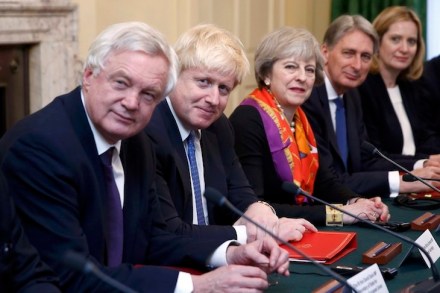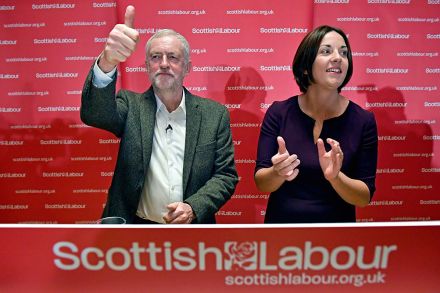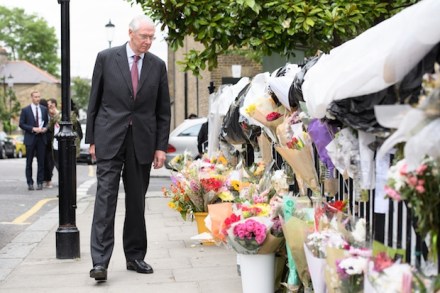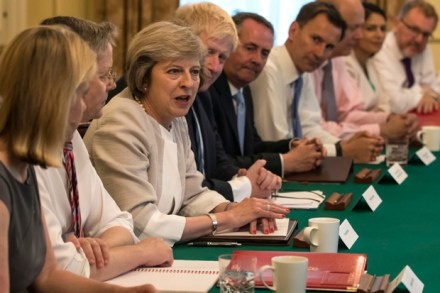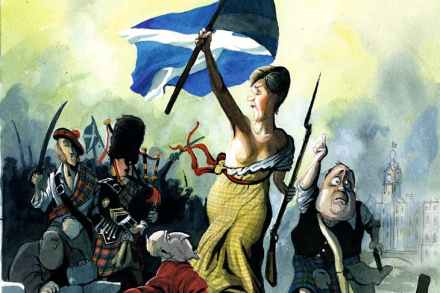What will Jeremy Corbyn do next?
The Labour party has a troubling recess ahead of it. Many of its members just won’t know what to do with themselves. This is because for the first time in two years, there is no leadership contest. Those who had eschewed beach holidays in favour of spending their summer recess in windowless rooms listening to contenders for the top job fight over who would really, really nationalise the railways now have nothing to do. Even before Labour lost the election unexpectedly well, few anticipated an immediate challenge to Jeremy Corbyn. He and his allies made it clear that he would stay on whatever the result, and even those who predicted




